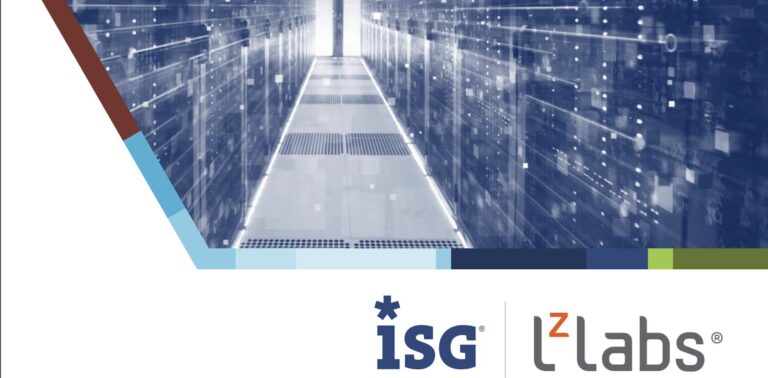By LzLabs GmbH, Zürich, Switzerland
Zurich, 14 March 2016 – LzLabs and Microsoft Azure today announced that they will partner to provide cloud delivery for the LzLabs Software Defined Mainframe®; a technology solution that will enable customers to move their legacy mainframe applications and data seamlessly to Linux- based cloud platforms.
Microsoft Azure will be the preferred cloud provider for LzLabs’ customers requiring cloud hosting of their Software Defined Mainframe and cloud delivery of their migrated mainframe applications. Microsoft will assist with the migration and support of mainframe customers transitioning to the Microsoft Azure Cloud.
Microsoft and LzLabs will also partner for joint marketing initiatives including seminars and customer events, commencing with co-branding at the LzLabs CeBIT 2016 stand (Hall 6, Swiss Pavilion, Stand D30).
“The mainframe is the last bastion of proprietary computing and the prospect that customers can be freed through the Software Defined Mainframe is a cause of celebration,” says Dr. Bernd Kiupel, Business Group Lead Cloud & Enterprise Microsoft Switzerland. “We are delighted that LzLabs has selected Microsoft Azure as its cloud partner and points to the scalability, flexibility and security that we deliver. We will be working closely with LzLabs in the migration of the mainframe customers to the bright future of cloud.”
LzLabs’ solution solves the legacy mainframe application problem where over 3000 of the world’s largest companies have no escape from expensive and outdated application architectures, which still power 70% of the world’s commercial transactions.
“Microsoft is hugely respected in the datacentres of the world’s largest companies and was the natural cloud partner of choice for us,” explains Thilo Rockmann, Chairman of LzLabs. “Customers can have complete confidence that in migrating their applications to the LzLabs Software Defined MainframeTM they will experience a seamless service with the reassurance that Microsoft Azure delivers the most reliable, available and secure cloud service.”
At CeBIT 2016, LzLabs is exhibiting in the Swiss Pavilion
(Hall 6, Stand D30, Center Row – Booth #201)
About the Software Defined Mainframe
LzLabs Software Defined Mainframe® enables both Linux and Cloud infrastructure to process thousands of transactions per second, while maintaining enterprise requirements for reliability, scalability, serviceability and security. This software solution includes a faithful re-creation of the primary online, batch and database environments, which enables unrivaled compatibility and exceptional performance, to dramatically reduce IT costs.
About Legacy Applications
With over 70 percent of commercial transactions occurring on mainframe-based systems, organisations have become dependent on legacy applications stuck behind outdated application programming interfaces (APIs). Historically, these organizations have been forced to abandon compatibility with the mainframe in order to move legacy applications and data to Linux or the cloud. Abandoning compatibility makes migration very difficult as critical data will need to be converted and complex applications must be rewritten or recompiled and tested in a new environment. LzLabs Software Defined Mainframe protects customers’ investment in their business processes by eliminating recompilations of COBOL and PL/I programs, data conversion and complex testing.
LzLabs has developed a managed software container that provides enterprises with a viable way to migrate applications from mainframes onto Linux computers or private, public and hybrid cloud environments. When legacy application programs are placed into the container, the customers’ programs are enhanced to run on modern computers and decades-old APIs are exchanged for newer, more contemporary ones.
LzLabs’ software solution allows the executable form of legacy customer mainframe programs to operate without changes and without compromise to performance in a contemporary and cost- effective computing environment, and enables mainframe data to be written and read in its native formats. This new environment works without forcing recompilations of COBOL or PL/1 application programs or making complex changes to the enterprise business environment.
